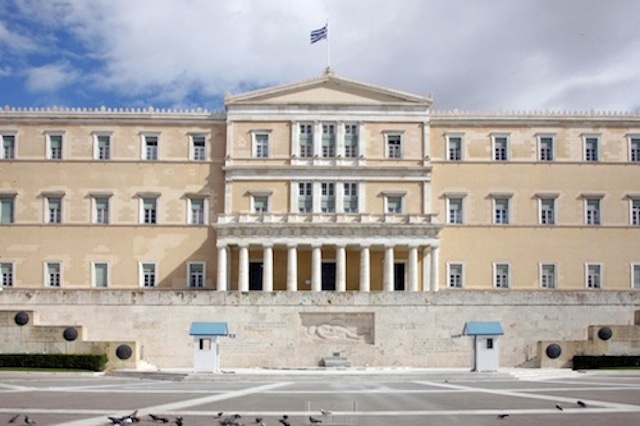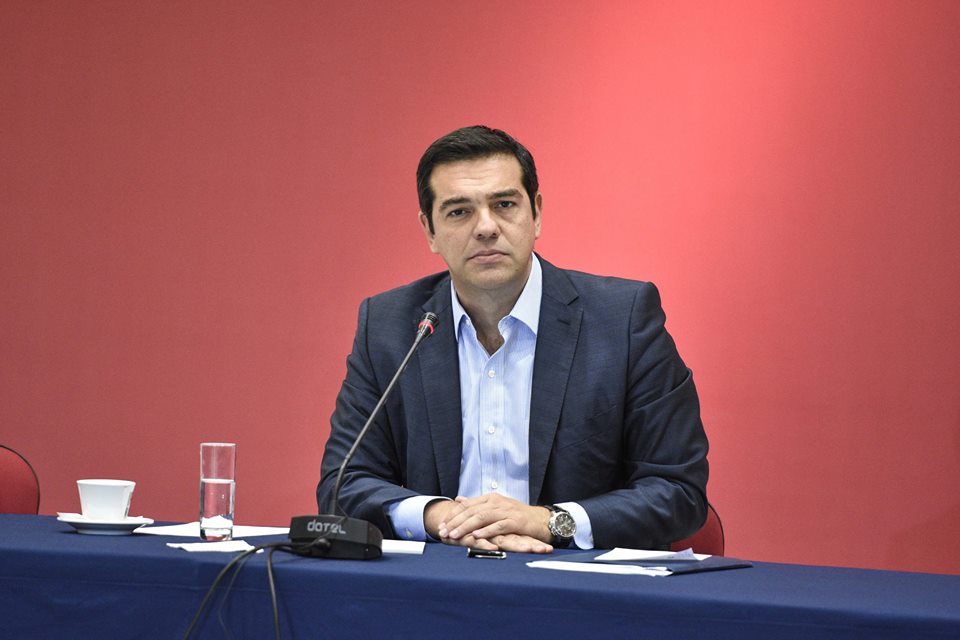 Greece is full of myths and urban legends that guide people’s public discourse in cafes and on the street. Greece is a small country, a ‘village’, as Greeks call it when they discover common paths in life or they share friends and acquaintances. Greeks also tend to be overwhelmed by the passionate way they view reality.
Greece is full of myths and urban legends that guide people’s public discourse in cafes and on the street. Greece is a small country, a ‘village’, as Greeks call it when they discover common paths in life or they share friends and acquaintances. Greeks also tend to be overwhelmed by the passionate way they view reality.
Naturally, strong myths and stereotypes have guided the country’s path amidst troubled times and periods of severe conflict. Most of them served the need of the nation to stay united in order to deal with its geopolitical specificities. Some other myths are of more particular character and seem to serve specific interests.
Since 2009, the profound economic and social crisis boosted the everyday type of myths, most of them associated with return-to-the-drachma conspiracies. This caused the proliferation of propaganda and stereotypical handling of current affairs. Mainstream media nurtured their audiences, some times reproducing the agony of the people, some times orchestrating tension on their own, thus magnifying the effect of austerity measures upon citizens.
On May 6, Greek politicians call their fellow citizens to vote at the climax of the Greek drama. Developments in the last two and a half years did not help clarity of decision making, hence the long series of smaller parties that explore Greek people’s concerns for the future. Again, based on impossible or improbable myths.
In this course of things, certain myths are more relevant than others:
Myth 1: A single-party government is a possibility. According to all latest opinion polls, this is highly unlikely. Despite the 50-seat bonus that the leading party receives by law, it still needs to collect a percentage higher than 37% of the electorate to pass the 150+1 seat limit, namely to gain absolute majority in the 300-seat Greek Parliament. Also, the larger the number of political parties that pass the 3 per cent threshold to enter the House, the higher should be the previous (37%) self-reliance percentage. So, forget about it.
Myth 2: only by voting for ND or PASOK parties, the European future of Greece is secured. Well, last time I checked, in the centre-right field, apart from the traditionally pro-European ND party, there are two more parties that sound more liberal in their rhetoric; ‘Drasis’ by former ND minister Stephanos Manos and Democratic Alliance, by Dora Bakoyannis seem to view the problems through a more pragmatism prism. Common sense tells me that both could help in governance.
Myth 3: Greeks need charismatic leaders. Alas, the last one that carried a charismatic surname resigned under the burden of the crisis and a backyard rebellion, following a previous other who escaped the political field seconds before the shit hit the fan. The Padapemos’ brief administration record showed that in 21st century politics, the Maximos Mansion’s resident should think more as a manager and less as a party leader.
Myth 4: Greek political system is threatened by the far right. Greece is probably suffering more by excessive pseudo-socialism, rather than right wing extremists. Well, if the latter would be given a chance (like it happens in the rest of Europe) to enter Parliament and expose their ‘qualities’, then so be it. It is the best period for a real democratic self-exposure experiment.
Myth 5: Greek citizens are devastated and cannot react to escape the crisis. This is perhaps the biggest myth of all. If news media were covering the positive side of things -for a change- they would describe the early sprouts of reactions that have emerge in the country; either in innovative entrepreneurship or in the agrarian economy, or even in the field of new ideas that silently emerge all around us.
These are just 5 of the most relevant myths of the season, cultivated by the mainstream media.
Please feel free to deconstruct more myths in the commentary section that follows…
Dr. Demetris Kamaras is the Editor of AlYunaniya.
